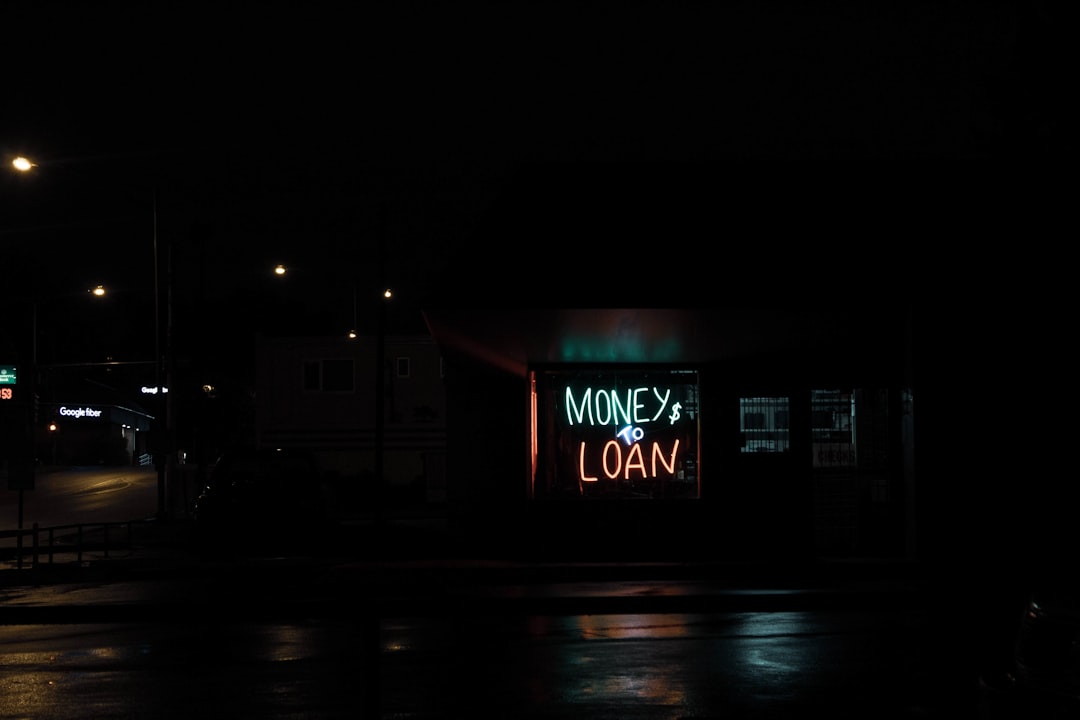When considering Debt Consolidation Loans With No Credit Check, understanding the distinction between secured and unsecured loans is crucial. Secured loans, backed by assets like homes or cars, offer lower rates but risk asset loss upon default. Unsecured loans, lacking collateral, are easier to access but usually carry higher interest rates. For individuals with limited or poor credit histories, unsecured debt consolidation provides a flexible single-lender payment solution, sometimes even without a credit check. Before applying, analyze your financial standing, compare interest rates, assess the balance between savings and potential default damage, evaluate loan terms and repayment flexibility, and understand missed payment repercussions.
Debt consolidation is a powerful tool for managing multiple loans. However, choosing between secured and unsecured options can be confusing, especially when considering loans with no credit check. This article guides you through the differences and factors involved in making an informed decision. Understanding the risks and benefits of each type is crucial when aiming to simplify your debt burden. We’ll explore how to navigate this process, focusing on solutions that fit your financial situation, even without a traditional credit check.
- Understanding Secured and Unsecured Debt Consolidation Loans
- Factors to Consider When Choosing Between Secured and Unsecured Debt Consolidation Loans with No Credit Check
Understanding Secured and Unsecured Debt Consolidation Loans

When considering debt consolidation, it’s crucial to understand the two main types of loans available: secured and unsecured. Secured debt consolidation loans require borrowers to offer collateral, typically in the form of a valuable asset like a house or car. The lender uses this collateral as security for the loan, which often results in lower interest rates but carries the risk of losing the asset if you fail to repay. On the other hand, unsecured debt consolidation loans don’t require any collateral and are based solely on your creditworthiness. This type of loan is generally easier to obtain but usually comes with higher interest rates compared to secured options.
For those concerned about their credit score or seeking debt relief without putting up collateral, unsecured debt consolidation loans offer a viable option. Moreover, these loans often come with flexible terms and the convenience of making payments through a single lender, simplifying financial management. Additionally, some lenders provide the option for debt consolidation loans with no credit check, allowing individuals with limited or poor credit histories to explore debt relief solutions without undergoing a thorough credit evaluation.
Factors to Consider When Choosing Between Secured and Unsecured Debt Consolidation Loans with No Credit Check

When considering debt consolidation loans with no credit check, several factors come into play to ensure you make an informed decision. Firstly, evaluate your financial situation and current debts. Understand the interest rates offered by each loan type, as secured loans often have lower rates due to the collateral involved, but unsecured options might be more flexible for those with limited assets. Weighing the potential savings in interest and fees against the risk of damage to your credit if you default is crucial.
Additionally, consider loan terms and repayment options. Unsecured loans typically offer more favorable terms and may provide a grace period, but they also carry a higher risk of rejection without a credit check. Secured loans, while requiring collateral, can be more accessible for individuals with poor credit histories. Assess your ability to make consistent payments and the potential consequences if you miss a repayment, as this will impact your overall financial health and future borrowing capabilities.
When considering debt consolidation loans with no credit check, understanding the differences between secured and unsecured options is key. Secured loans offer lower interest rates but require collateral, while unsecured loans are easier to obtain, requiring no collateral but potentially carrying higher rates. The best choice depends on your financial situation and risk tolerance. Weighing factors like interest rates, loan terms, and repayment flexibility will help you make an informed decision to consolidate your debts effectively.
